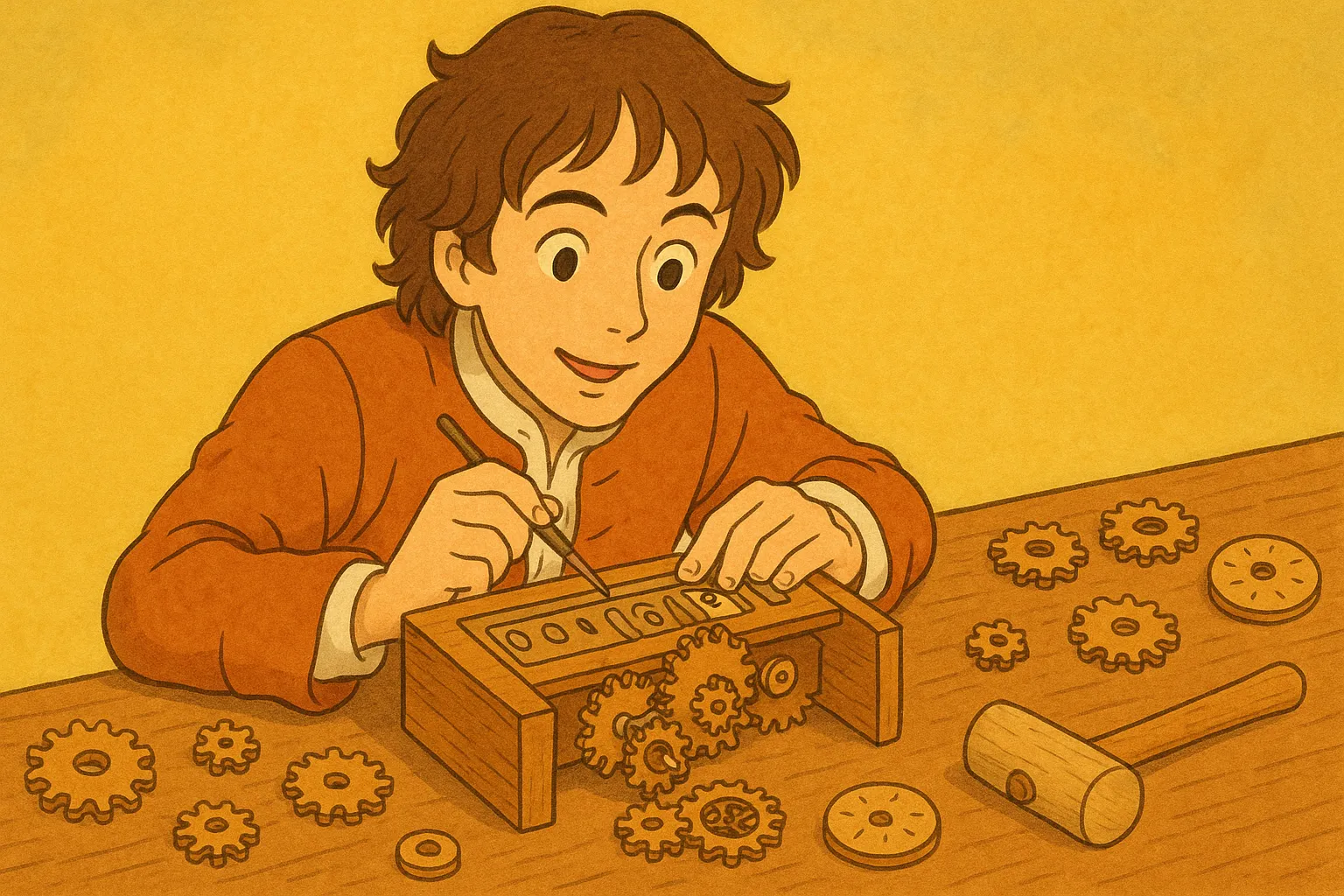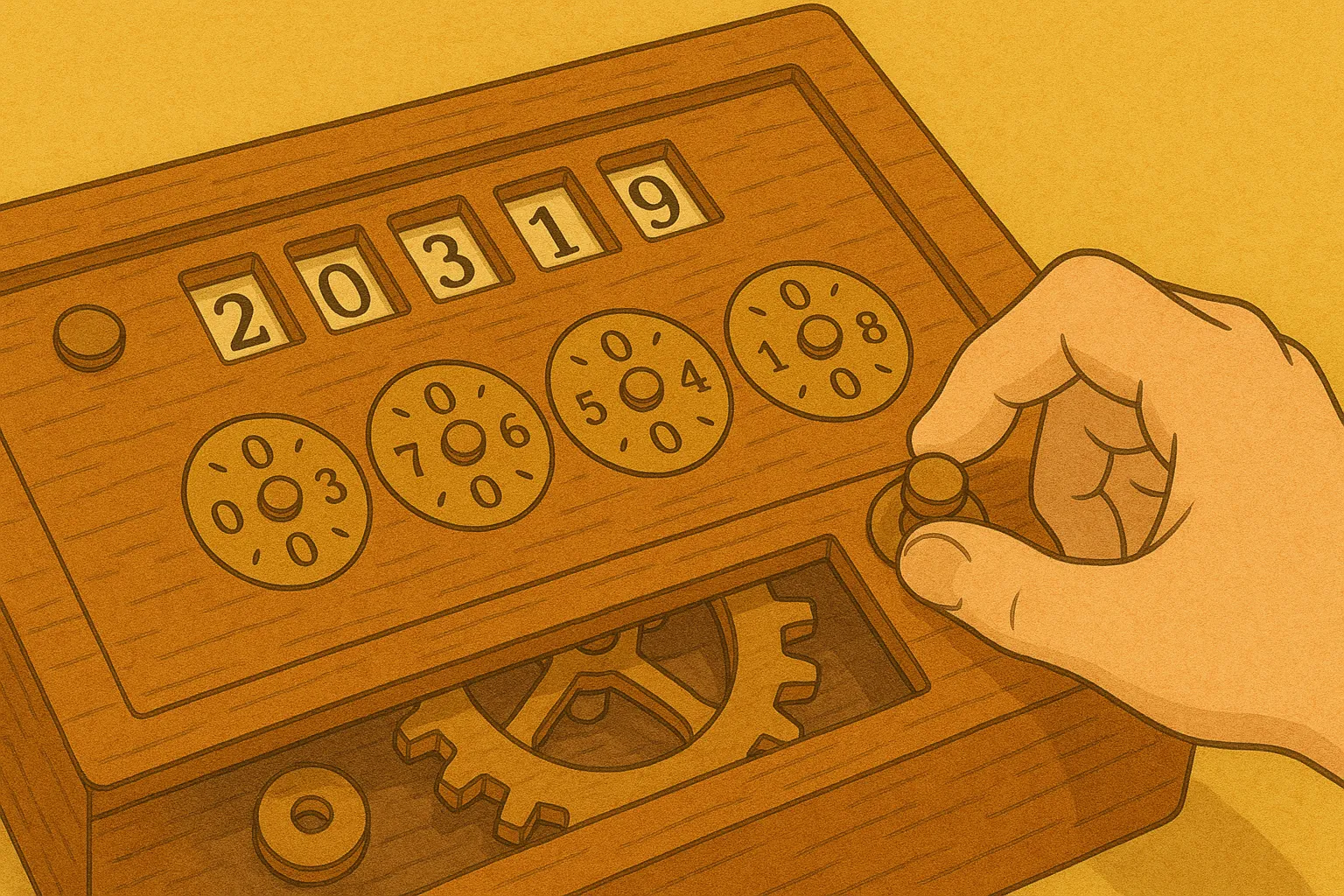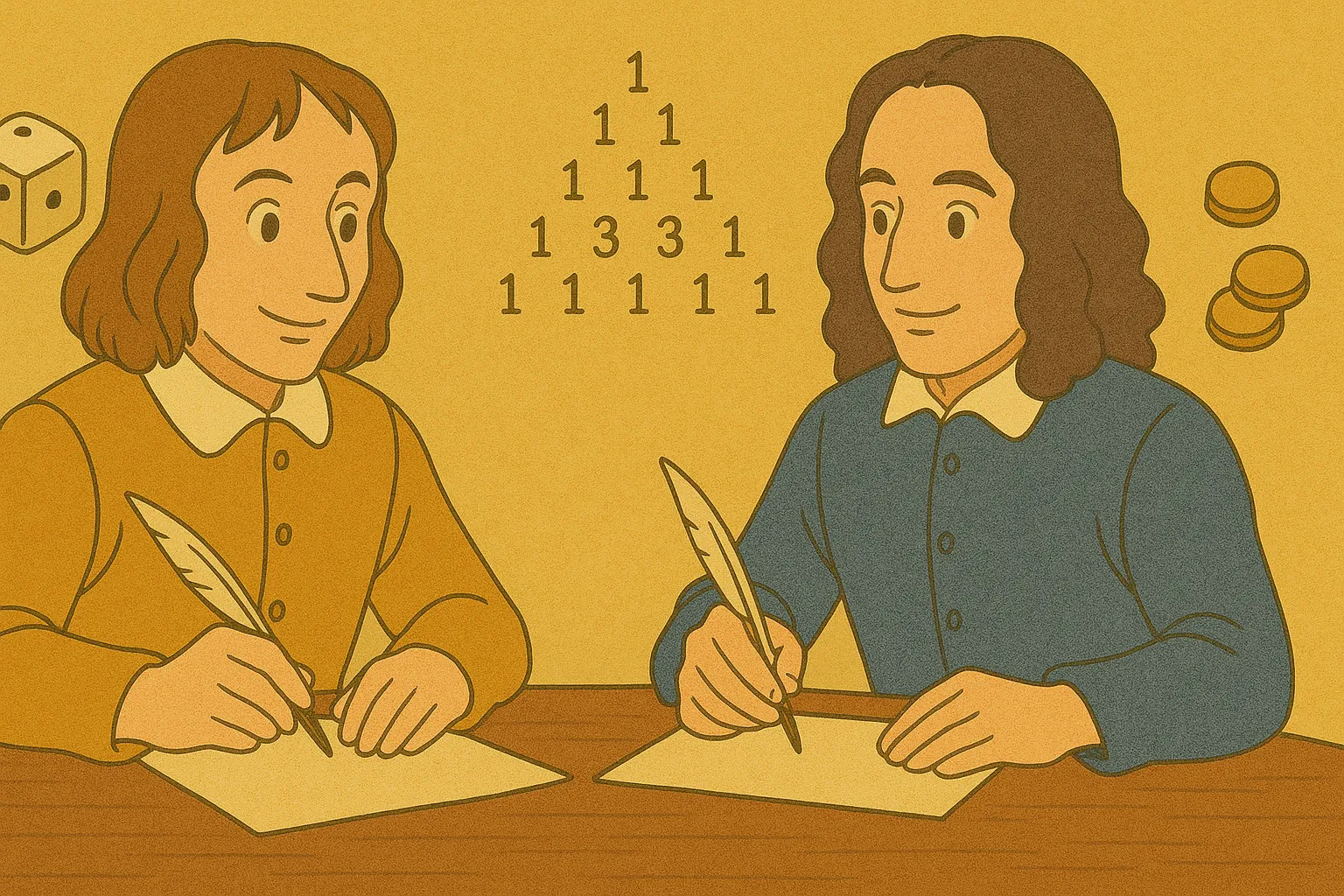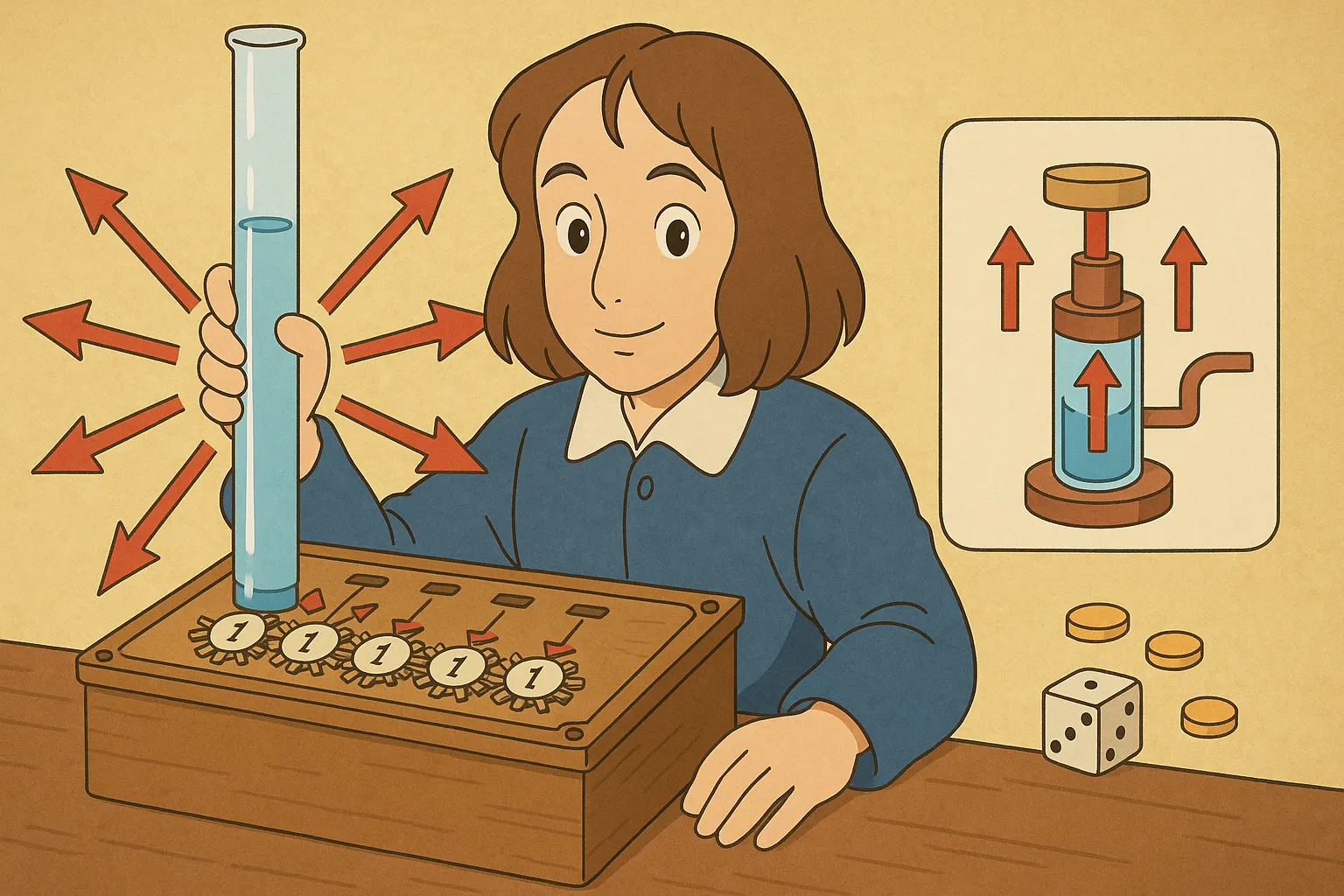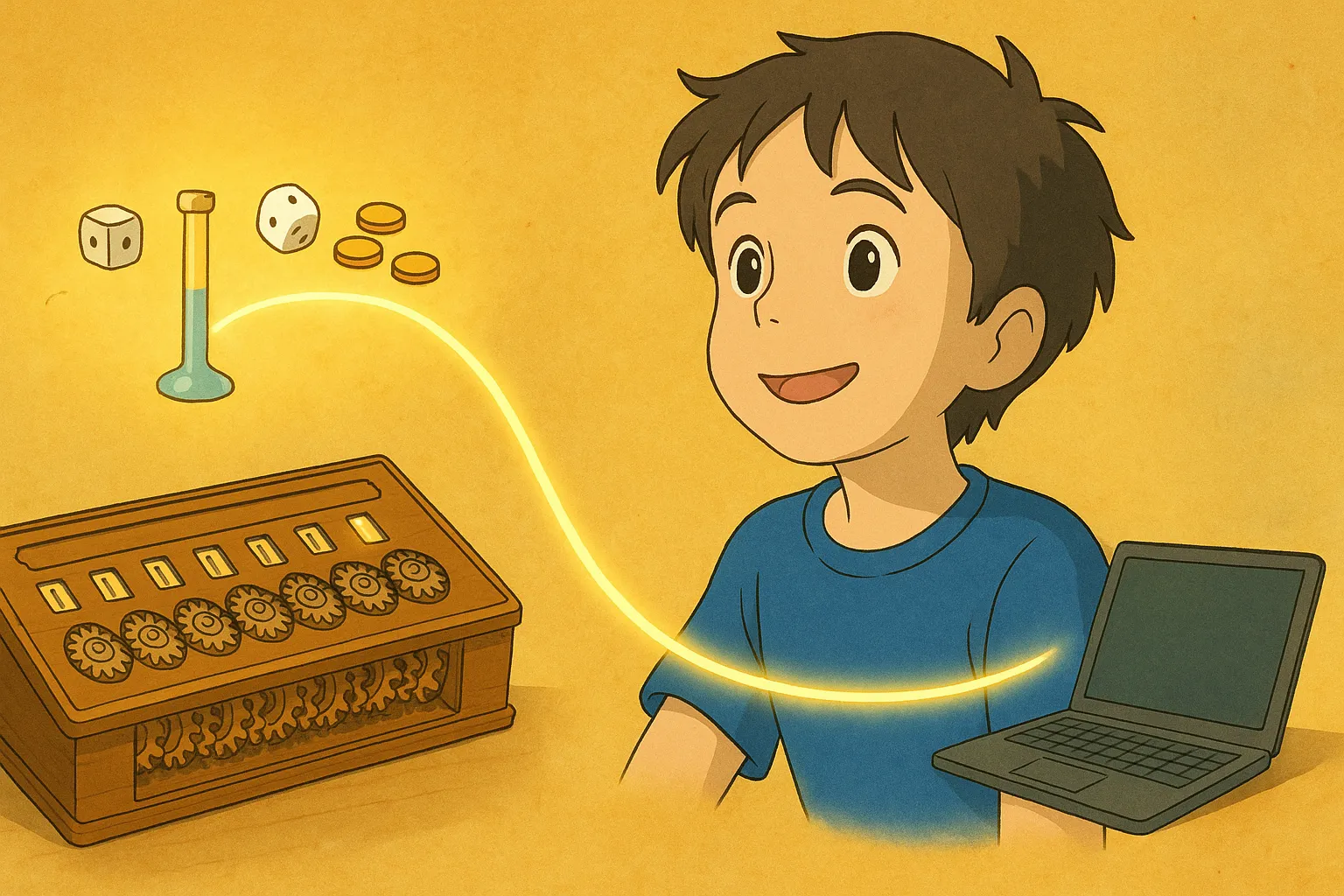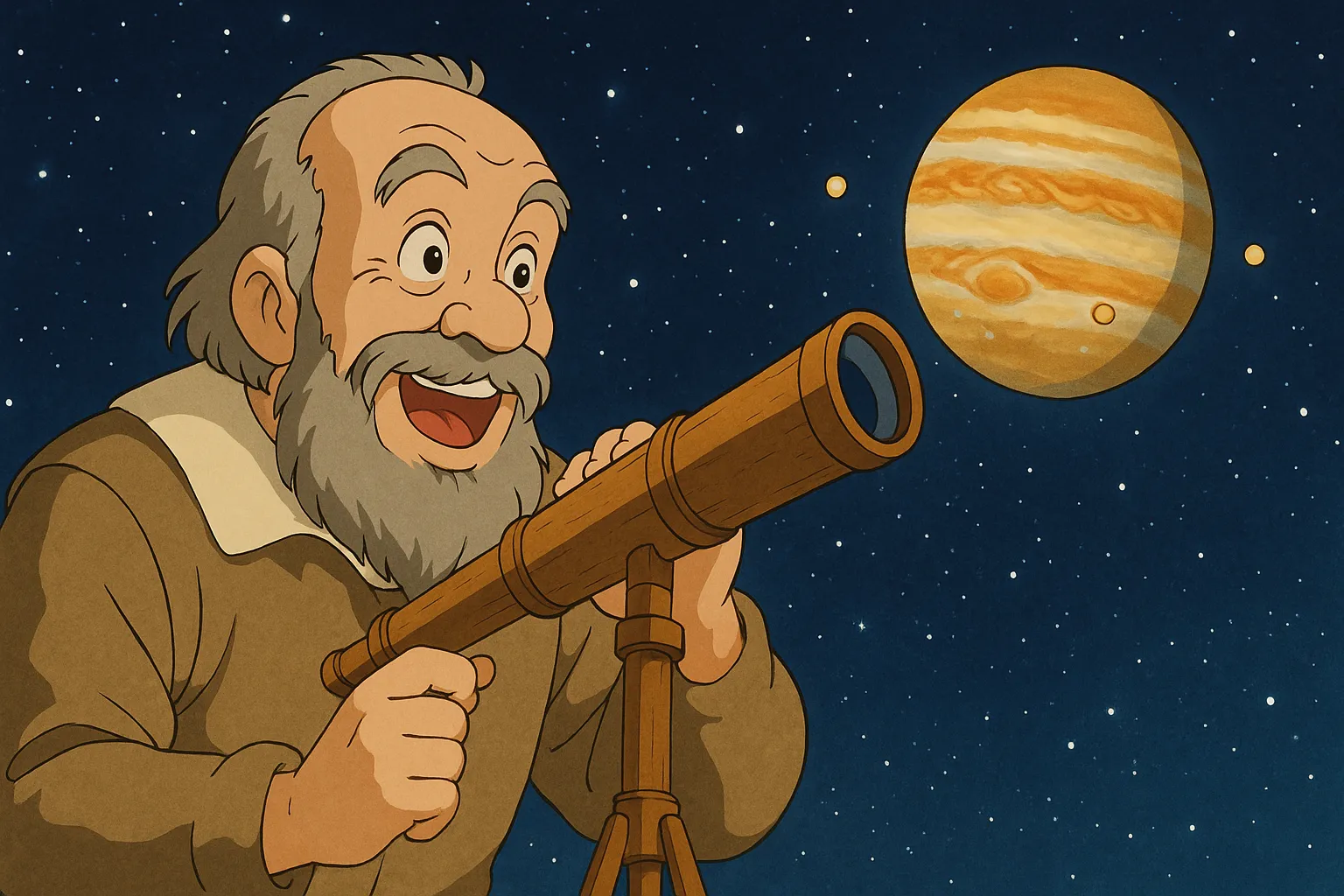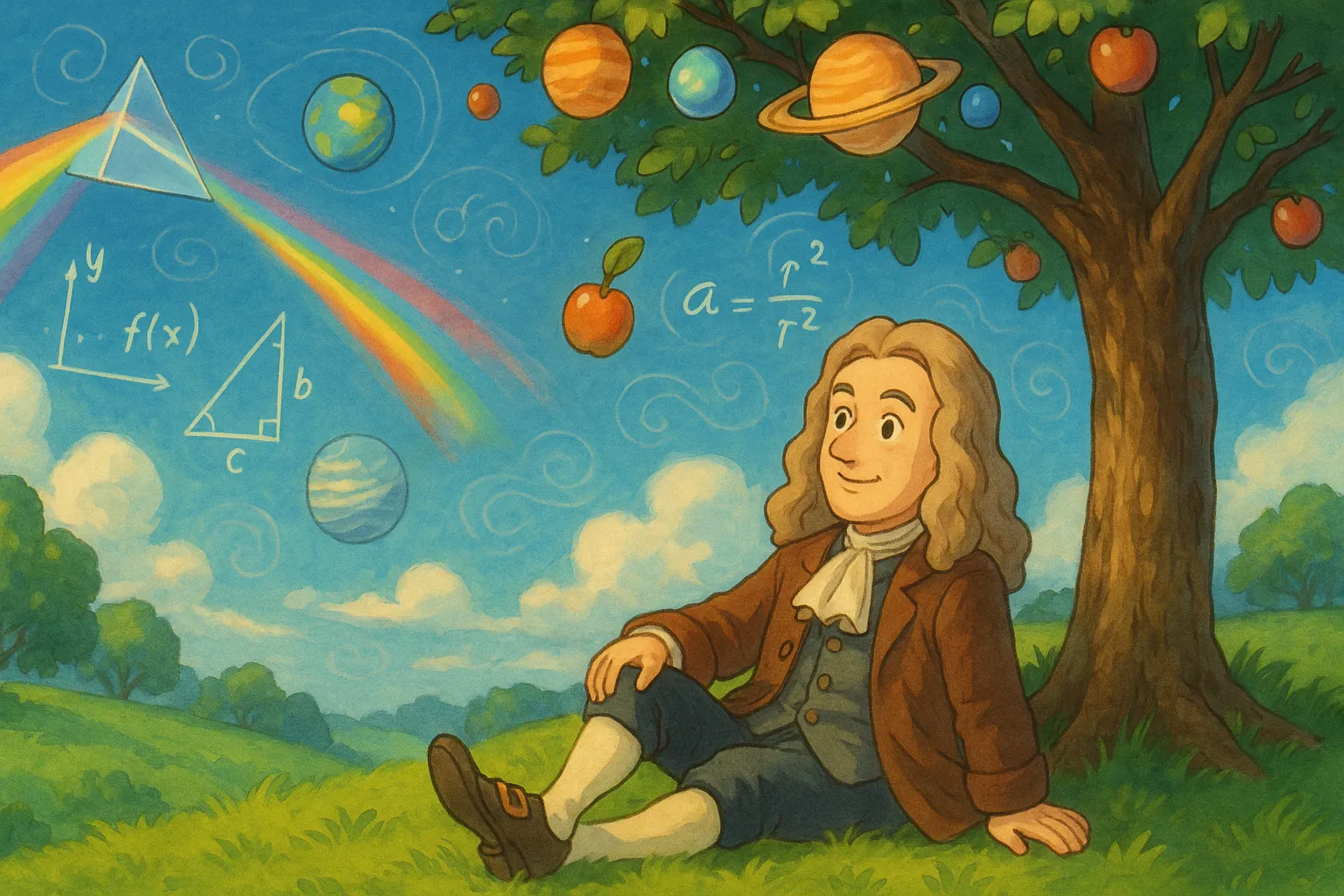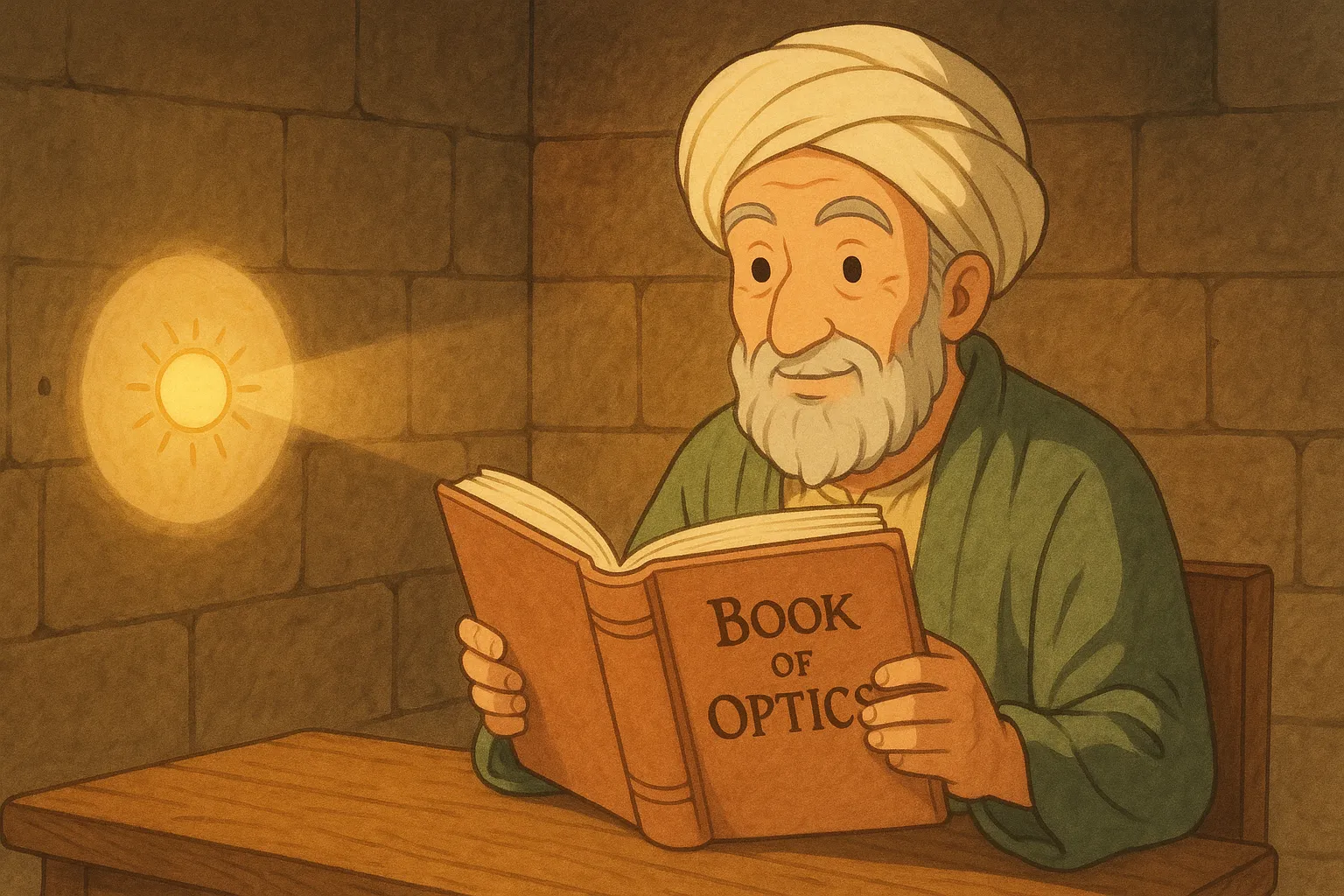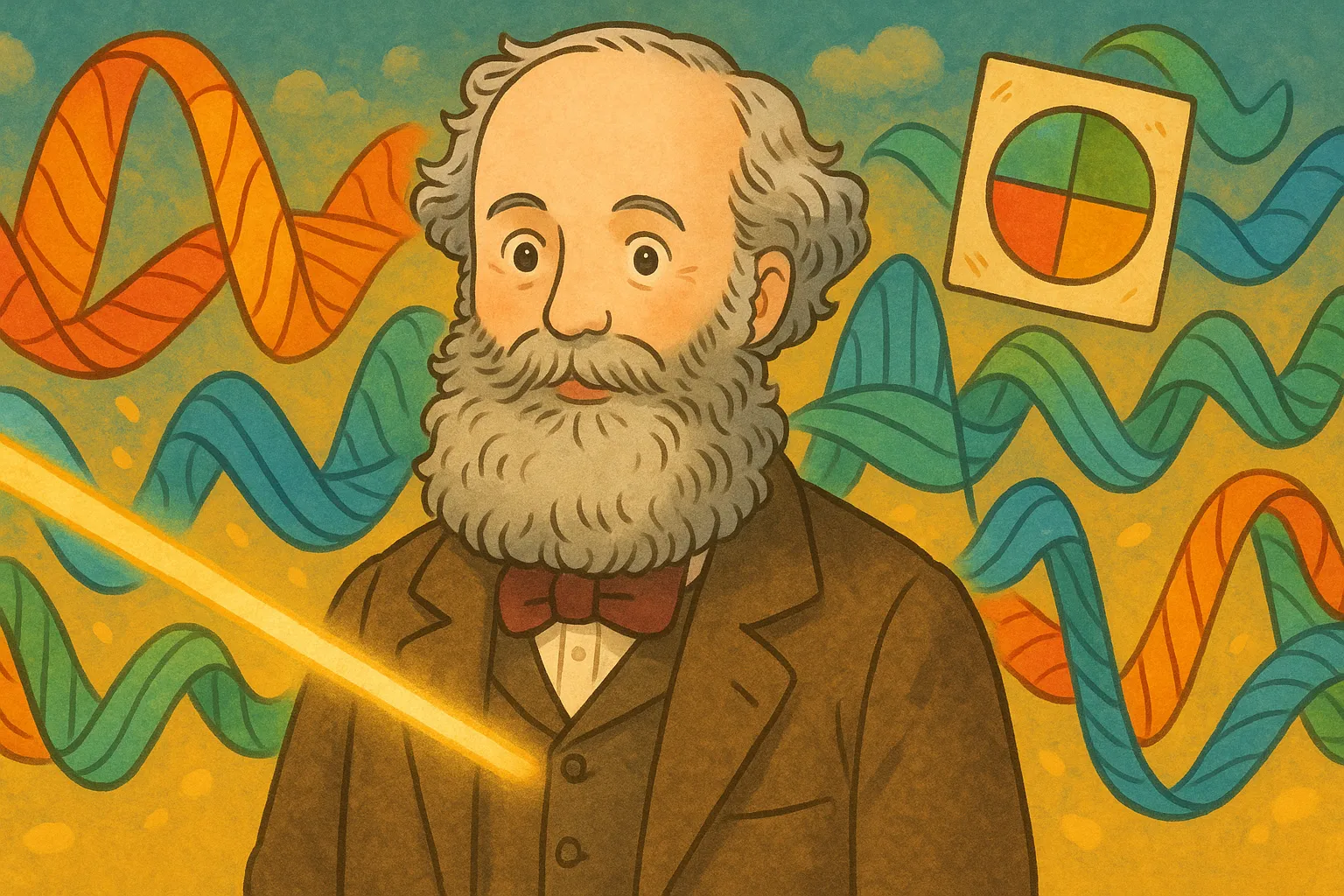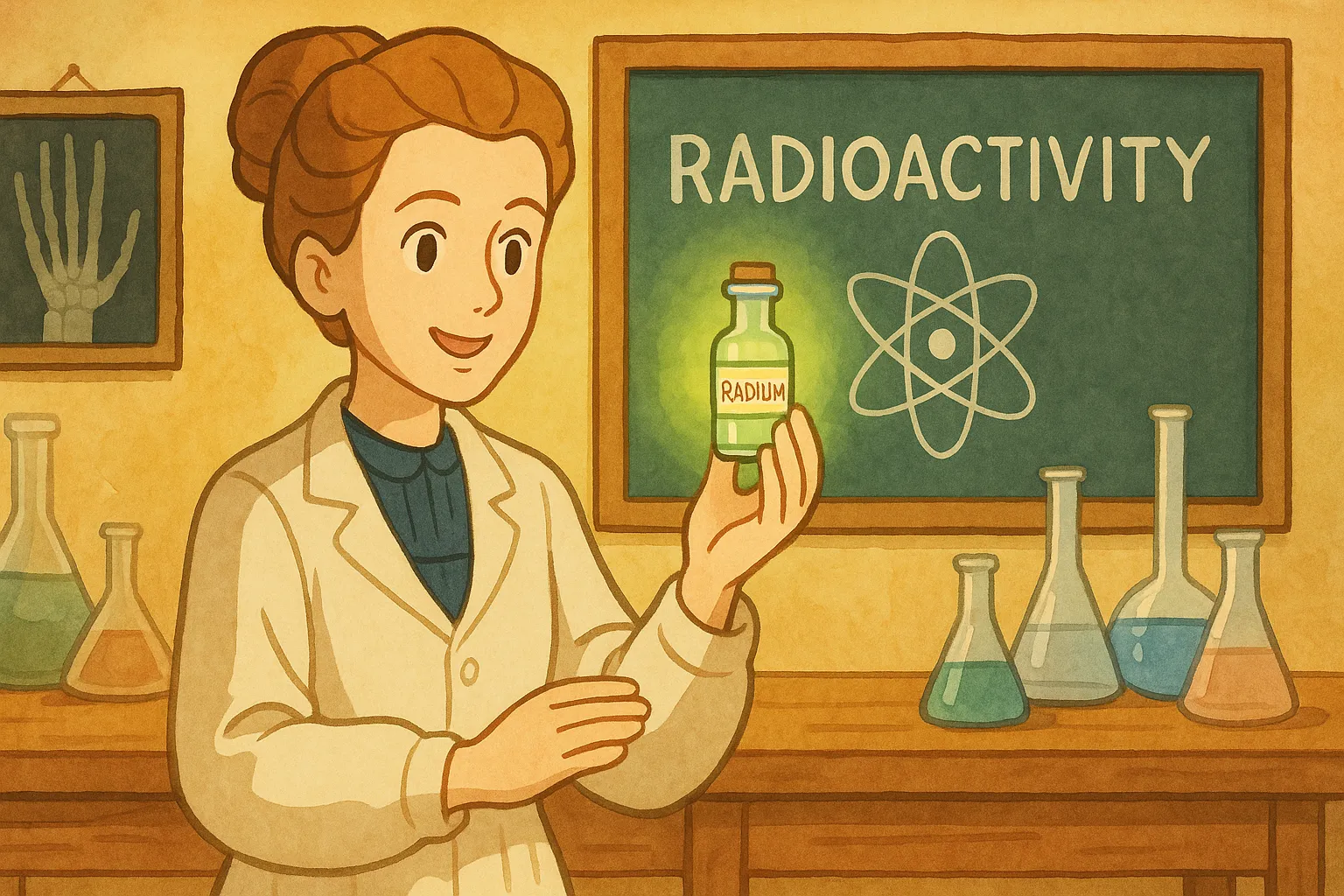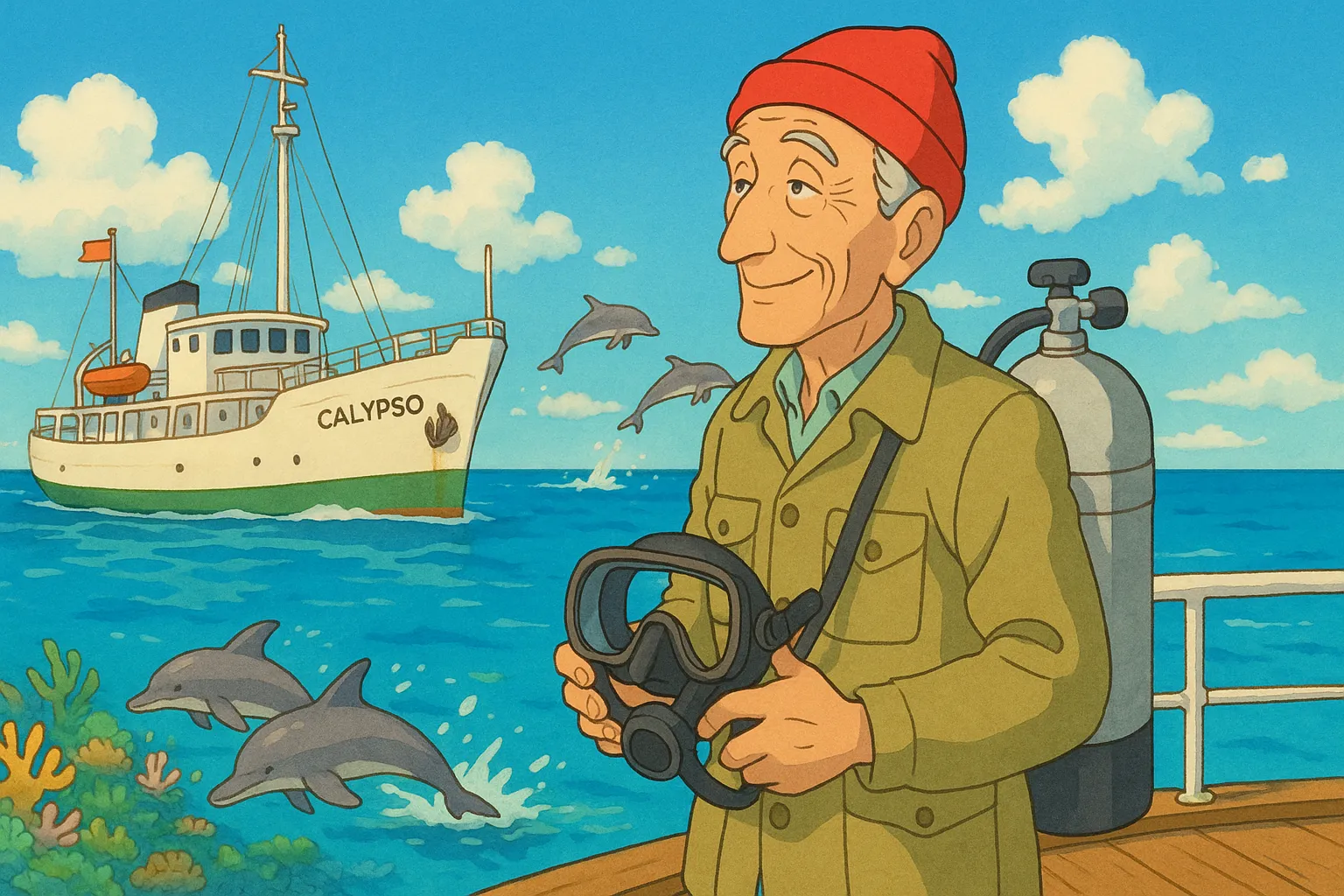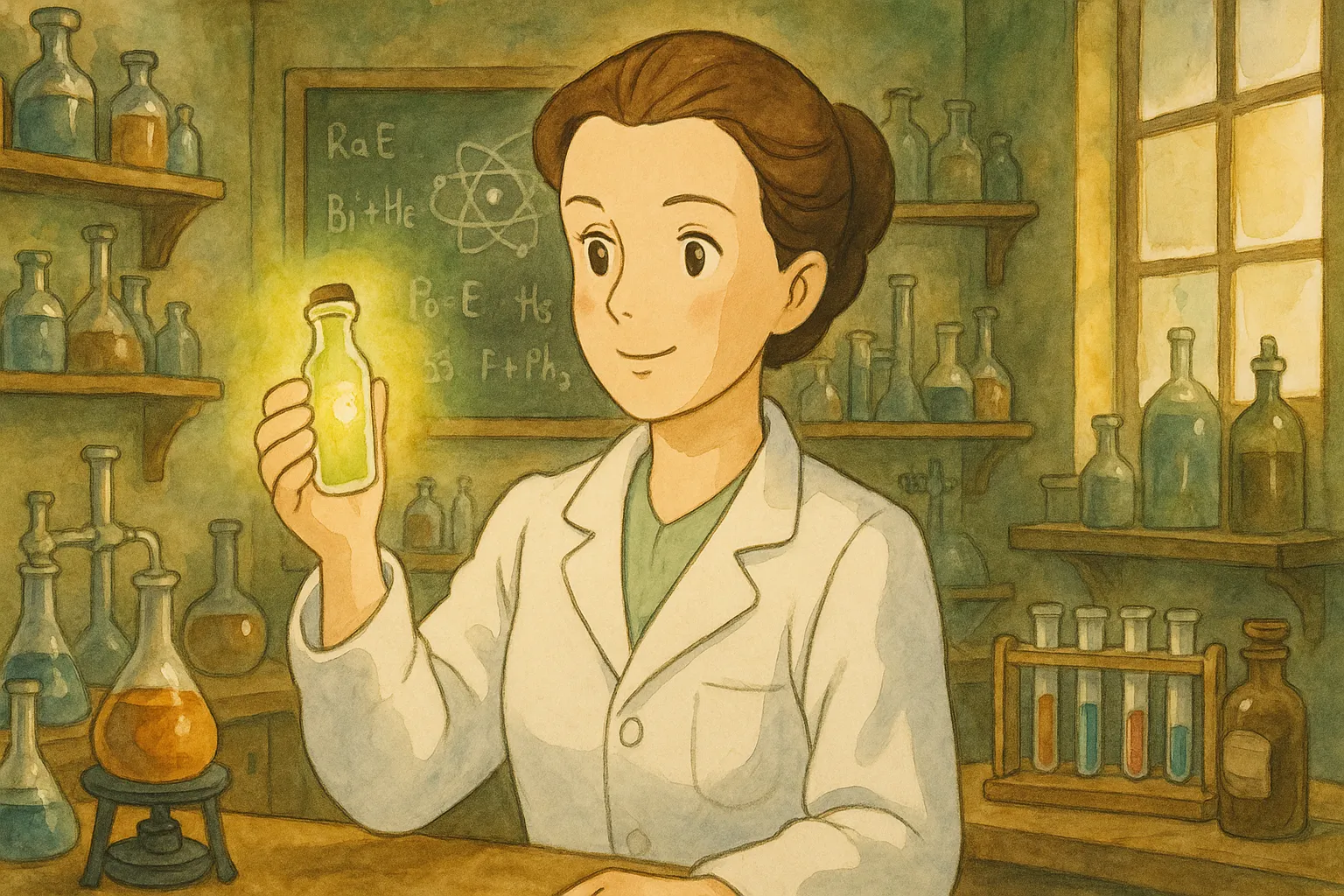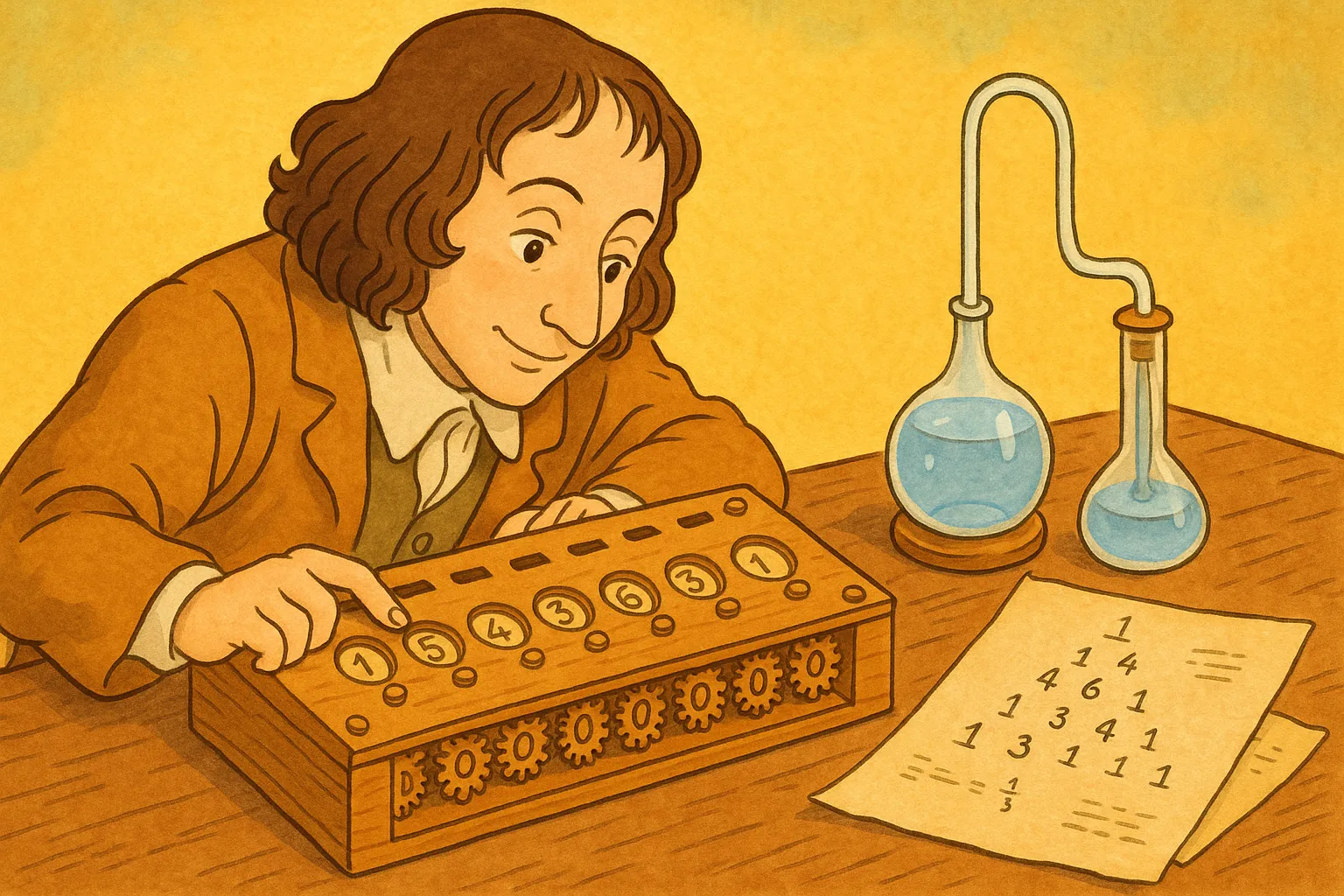
Frequently Asked Questions
Did Pascal invent the first computer?
Not exactly. He invented the Pascaline, an early mechanical calculator that could add and subtract. It was an important step toward machines that compute, but not a programmable computer like today's.
How old was Pascal when he built the Pascaline?
He built the Pascaline around age 18–19 (about 1642) to help his father's work counting taxes.
What is Pascal's Wager?
A short idea from his book Pensées suggesting that believing in God is a wise 'bet' because of the possible infinite gain versus limited loss.
Why is pressure measured in pascals?
The SI unit 'pascal' honors Blaise Pascal's experiments and ideas about pressure and fluids. One pascal equals one newton per square meter.
Did Pascal work with other scientists?
Yes. He corresponded with Pierre de Fermat and together they laid groundwork for probability theory, which influences many fields today.
How old was Pascal when he died?
Blaise Pascal died in 1662 at the age of 39 after several years of poor health.
